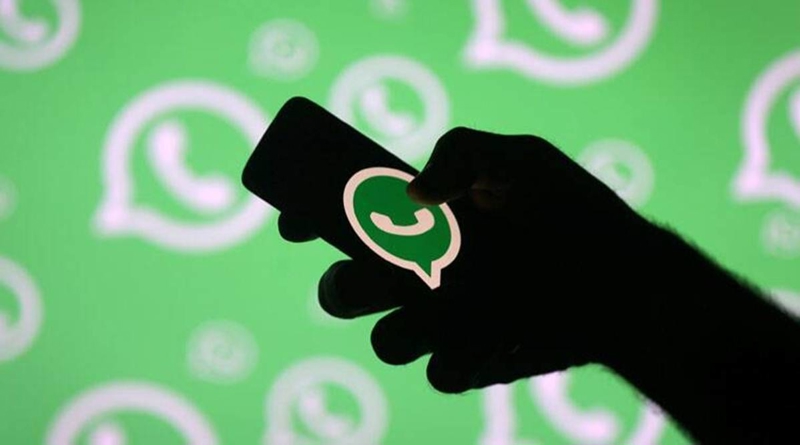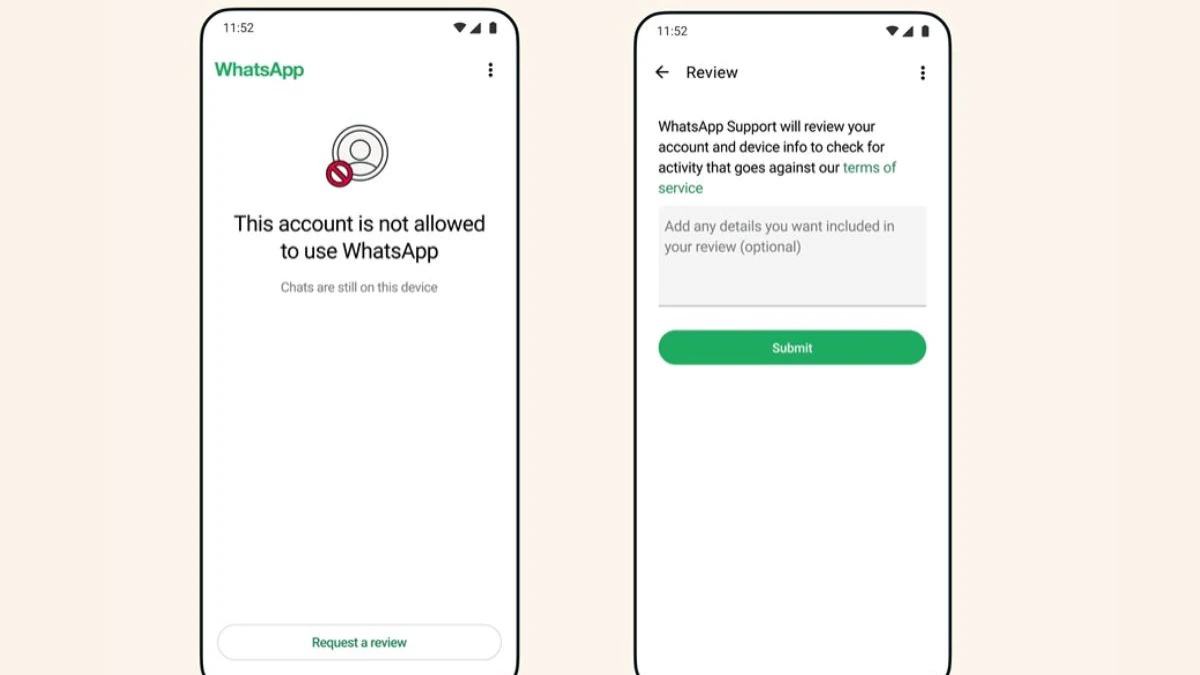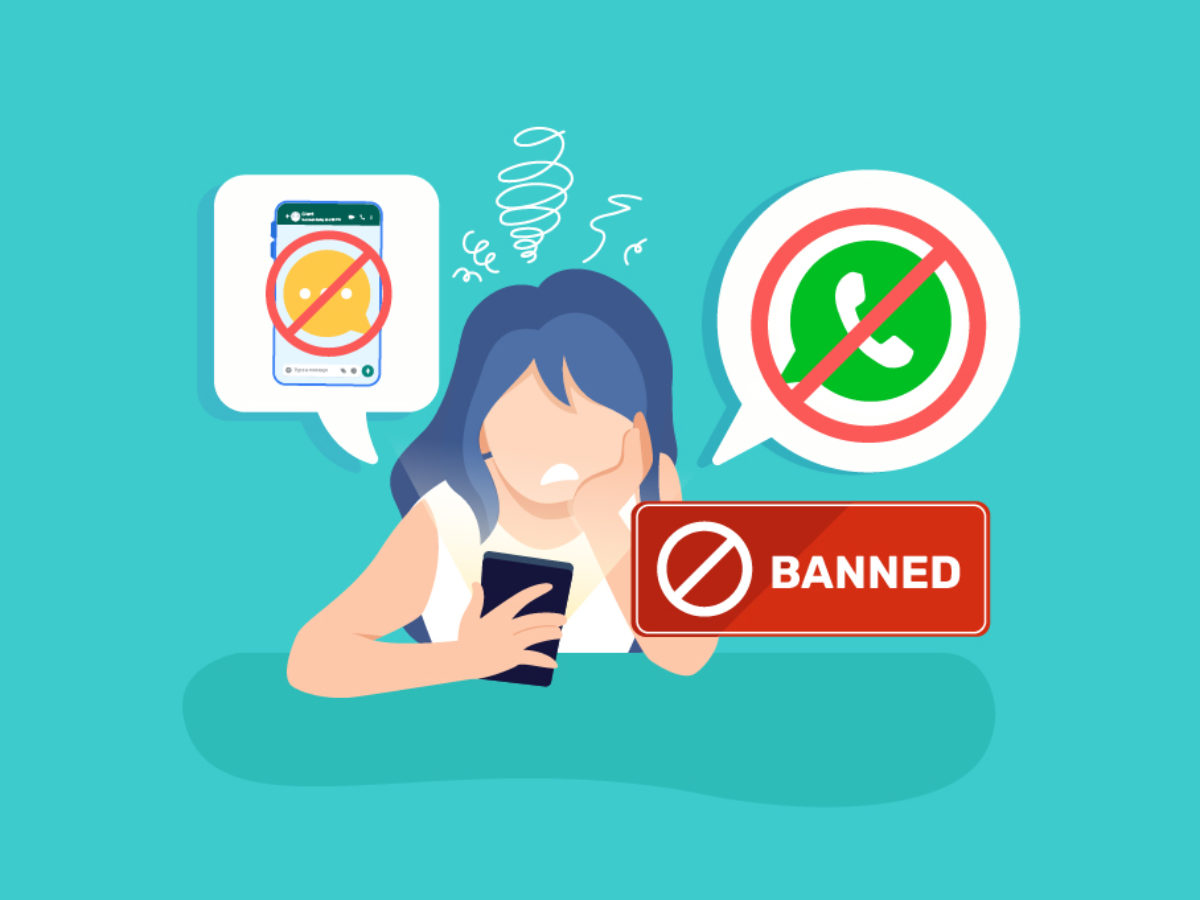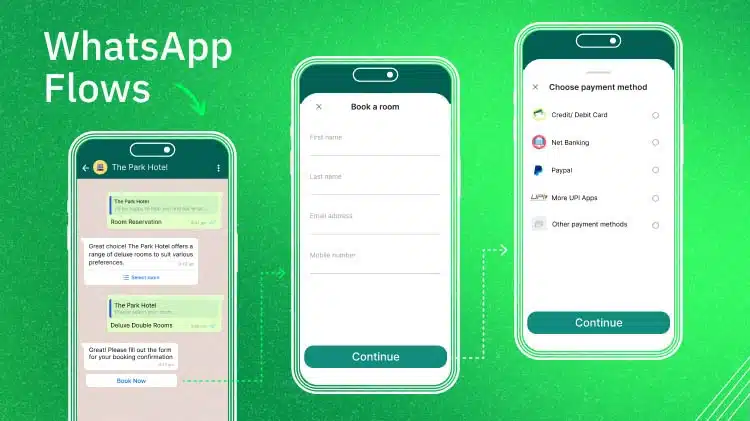
Why Am I Banned from WhatsApp? Discover Behind the Fact
It’s a frustrating moment. You reach for your phone to send a message and see a notification you never expected: "Your phone number is banned from using WhatsApp." This guide will help you know “Why am I banned from WhatsApp”!
Introduction
It feels sudden and confusing when you are banned from using WhatsApp. One minute you are chatting with friends, and the next you are completely locked out. We will explore why WhatsApp bans users and show you the steps to potentially get your account back.
What does a WhatsApp ban mean?
If your WhatsApp account is banned, your phone number will be blocked from accessing the app. You cannot send messages, receive messages, make calls, or access your chats on the app. Your contacts will still see your profile despite being banned. However, they will not be able to communicate with you through the WhatsApp app.

Understanding WhatsApp’s Ban Policy
Most bans happen for a reason. WhatsApp has rules to keep the platform safe and free of spam. Common triggers include sending too many messages at once, using unofficial versions of the app, or sharing inappropriate content.
WhatsApp’s Terms of Service (ToS) and Community Guidelines
WhatsApp's Terms of Service are the legal agreement between you and the company. It outlines what you can and cannot do on the platform. These terms prohibit illegal activities, impersonation, and sending spam. They also cover intellectual property and how your data is used.
The Community Guidelines are more about user conduct. They are simpler rules for everyday interaction. These guidelines advise against things like spreading misinformation, engaging in hate speech, or promoting violence.
Automated vs. manual bans
Not all bans are created equal. WhatsApp uses two main methods to enforce its rules: automated systems and manual reviews.
Automated bans are more prevalent. WhatsApp applies advanced machine learning technology to identify questionable behavior. This technology watches patterns that suggest spam or some other violation.
In contrast, manual bans are less common. Manual bans often occur after a human reviewer has access to the account following an investigation. Manual bans may occur when multiple users report someone for the same issue, such as harassment or scams.
Temporary vs. permanent bans
Bans also vary in their duration. They can be temporary or permanent, depending on the severity of the violation.
A temporary ban is like a warning. Your account is disabled for a specific period, usually shown on a timer in the app. This could be 24 hours, 48 hours, or sometimes longer. These bans are often the result of using unofficial WhatsApp apps or scraping data.
A permanent ban is the most serious action. This means your phone number is blocked from using WhatsApp indefinitely. This is reserved for severe or repeated violations of the Terms of Service.

Common Reasons for WhatsApp Bans
You might think you did nothing wrong, but certain actions can easily trigger WhatsApp's systems. Understanding these common reasons is the first step to avoiding a ban or figuring out why you received one. Let's look at the most frequent causes in more detail.
- Content Policy Violations
This is a major reason for permanent bans. WhatsApp has a zero-tolerance policy for harmful content and spam.
- Prohibited Content: Sharing content that is illegal, obscene, defamatory, threatening, constitutes hate speech, or promotes criminal activities will lead to a swift ban.
- Spam and Bulk Messaging: Sending a high volume of messages in a short time is flagged by WhatsApp's AI as spam. This applies even if your intentions are good, like sending party invitations or holiday greetings to all your contacts at once.
- Suspicious Account Activity
Even if you aren't intentionally violating policies, certain behaviors can appear suspicious to WhatsApp's automated systems and other users.
- Sudden Spikes in Activity: A dramatic change in your usage can trigger a ban. For example, adding hundreds of contacts and immediately mass-messaging them is seen as suspicious, spam-like behavior.
- Being Reported by Users: If multiple users report your account for any reason—be it spam, offensive content, or other violations—WhatsApp will investigate. Numerous reports in a short period will almost certainly trigger a review and potential ban.
- Technical and Account-Related Violations
Using third-party, modified versions of WhatsApp (like GB WhatsApp, WhatsApp Plus, or FM WhatsApp) is a direct violation of the Terms of Service. While they promise extra features, these apps are not secure and will lead to your account being banned.
How WhatsApp Detects Violations
WhatsApp relies on a sophisticated mix of technology and user feedback to keep its platform clean. It is not just one thing that catches rule-breakers. Instead, it is a multi-layered system working behind the scenes.
AI-based spam detection
The primary line of defense is artificial intelligence. WhatsApp processes an enormous number of messages every day, so it needs an automated system to police the platform at scale. This AI is trained to recognize the telltale signs of abuse without reading the content of your encrypted messages.

User-reported violations
Technology can only do so much. That is why WhatsApp also relies on its community of over two billion users to report bad behavior. Every user can report a contact or a specific message. When you report someone, WhatsApp receives the last few messages from that chat, along with information about the user and the type of report.
Unusual activity patterns
Beyond spamming, WhatsApp's AI looks for any activity that deviates from normal human behavior. This system establishes a baseline for what typical usage looks like. When your account activity strays too far from that baseline, it raises a red flag.
Types of WhatsApp Bans
Not all bans are the same. They vary in severity and how they are applied. The two main categories are temporary and permanent bans.
Temporary ban (24 hours, 7 days, 30 days)
A temporary ban is a slap on the wrist. It’s WhatsApp’s way of warning you, "We noticed something you should not be doing. Stop it." When you get a temporary ban, you will see a timer on your WhatsApp screen counting down until you can use the service again. These bans can last for 24 hours, a few days, or even longer.
Permanent ban (account disabled)
A permanent ban is the end of the line for your account. When you see the message "Your phone number is banned from using WhatsApp. Contact support for help," it means you are likely banned for good. This is the most severe penalty and is reserved for serious violations of the Terms of Service.
Device vs. phone number ban
It is also important to understand what is being banned. Is it your phone or your number?
Most of the time, WhatsApp bans the phone number associated with the account. This means you cannot use that specific number to register for WhatsApp on any device. If you put your SIM card into a new phone and try to register, it will still be banned.
In some rare and extreme cases, WhatsApp might also ban a specific device. It means you cannot use WhatsApp on that particular phone, even with a new phone number. This is usually reserved for repeat offenders who try to evade bans by constantly changing numbers.
How to Check If You’re Banned
Sometimes, the app just acts weird. You might wonder if it is a network issue, a problem with your phone, or an actual ban. There are a few clear signs that will tell you for sure that your account has been disabled by WhatsApp.
Error messages (""Your phone number is banned"")
The most obvious sign of a ban is the error message you receive when you try to open the app. If you are permanently banned, the message will be direct. It will say something like, "Your phone number is banned from using WhatsApp. Contact support for help." This message confirms a ban.
Inability to send/receive messages
If you do not see a direct ban message but the app is not working, a ban could still be the cause. Try sending a message to a friend. If the message never gets a second checkmark (which indicates it was delivered), there might be a problem. If this continues for a long time with multiple contacts, your account might be suspended.
Similarly, if friends tell you they have been sending you messages but you have not received any, that is another red flag. You will be completely cut off from the communication flow.
Account disabled notification
Beyond the initial pop-up message, your account's status is effectively disabled. You will not be able to access your chat history, update your profile picture, or change your status. The app becomes unusable. If you try to verify your number again, you will be met with the same ban notification. Your profile might still be visible to your contacts, but for you, the door to your account is closed.
Steps to Recover a Banned WhatsApp Account
Discovering “Why am I banned from WhatsApp” is frustrating, but do not lose hope just yet. Depending on the reason for the ban, you might be able to get your account back. The key is to act quickly and follow the correct procedure. Here are the steps you can take.
Requesting a review via in-app support
If you see the ban message in the app, there is usually a "Support" or "Request a review" button. When you tap this button, you will be taken to a form.
Here, you need to explain your situation. State that you believe your account was banned by mistake. Mention that you have read and will abide by the Terms of Service.
Emailing WhatsApp support
If the in-app option is not available or if you want to be more thorough, you can email WhatsApp support directly. This creates a formal record of your appeal. You should contact the support team [support@whatsapp.com] with a clear and detailed email.
Keep your email professional. Fill in your details and send it. You will likely receive an automated reply first, but a support agent should review your ticket eventually.
Waiting out a temporary ban
If your ban is temporary, the simplest solution is often to just wait. The app will show you a timer. Once that timer reaches zero, you should regain full access to your account. Do not try to find shortcuts or hacks to speed this up.
Switching to the official WhatsApp app (if using mods)
This is non-negotiable. If you were banned while using an unofficial app like GB WhatsApp, you must uninstall it immediately. Before the temporary ban timer runs out, download the official WhatsApp from the Google Play Store or Apple App Store.
How to Avoid Getting Banned in the Future
Once your account is restored, follow these simple rules to keep it safe:
- Use the official WhatsApp app: Avoid unauthorized versions like GB WhatsApp or WhatsApp Plus. Download only from the App Store or Google Play.
- Avoid spammy behavior: Don’t mass-message or add people to groups without consent. Use Broadcast Lists for announcements to contacts who saved your number.
- Follow community guidelines: No threats, hate speech, scams, or misinformation. Keep messages respectful and legal.
- For bulk messaging, use the Business API: Businesses should use WhatsApp’s official API to reach opted-in customers instead of a regular account.
What If WhatsApp Doesn’t Restore Your Account?
Sometimes, especially with permanent bans for serious violations, WhatsApp will not restore your account. At this point, you have to accept the decision and consider your alternatives.
Using a new number (limitations)
The most direct solution is to get a new phone number so that you can use the service again. You can get a new SIM card and register a fresh WhatsApp account with that number.
Alternative messaging apps (Telegram, Signal)
If getting a new number is not practical, or if you are concerned about WhatsApp's policies, you might consider moving to a different messaging app, like Telegram or Signal. Both apps have many of the same features as WhatsApp, including voice and video calls, group chats, and file sharing.
Frequently Asked Questions (FAQs)
Can VPNs cause a WhatsApp ban?
A VPN itself does not violate WhatsApp's rules. However, if your account shows rapid location changes through a VPN, the system might flag it as suspicious activity. The platform bans the unusual pattern, not the VPN.
Does changing my phone number help?
Yes. A permanent ban is connected to your old number, not you personally. With a new number, you start fresh, but you lose access to your old chats and groups.
Can someone else get me banned by reporting me?
One person's report will likely not cause a ban. WhatsApp looks for patterns of multiple reports from different users. If many people report you, a human team reviews the case.
Conclusion
Most WhatsApp bans come from using unauthorized apps, spammy behavior, or breaking rules. Stick to the official app, follow guidelines, and use the official WhatsApp Business API for bulk messaging. With Botcake, you can manage large-scale customer chats safely and stay compliant with WhatsApp’s policies.
Related blogs
LINE Chatbot: Guide to Business Automation in Asia 2026
How AI Changes Customer Experience: A Complete Guide
WhatsApp Flows: Revolutionizing Conversational Experiences on the World's Favorite Messaging App
Discover how your business can connect with customers 24/7 with Botcake
- Automate your customer messaging flow
- React thousands with bulk marketing message campaigns
- Blend AI power seamlessly with your customer service


